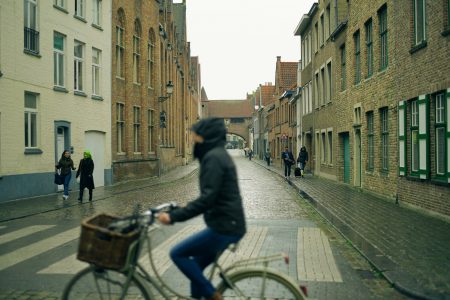This post was written by Matt Wickman, Director of the BYU Humanities Center My initial motive for writing the blog post this week was to bring some attention to an event our BYU Humanities Center is hosting this Thursday, September 28th. Hester Oberman, of the University of Arizona’s Department of Religious Studies and Classics, is …









